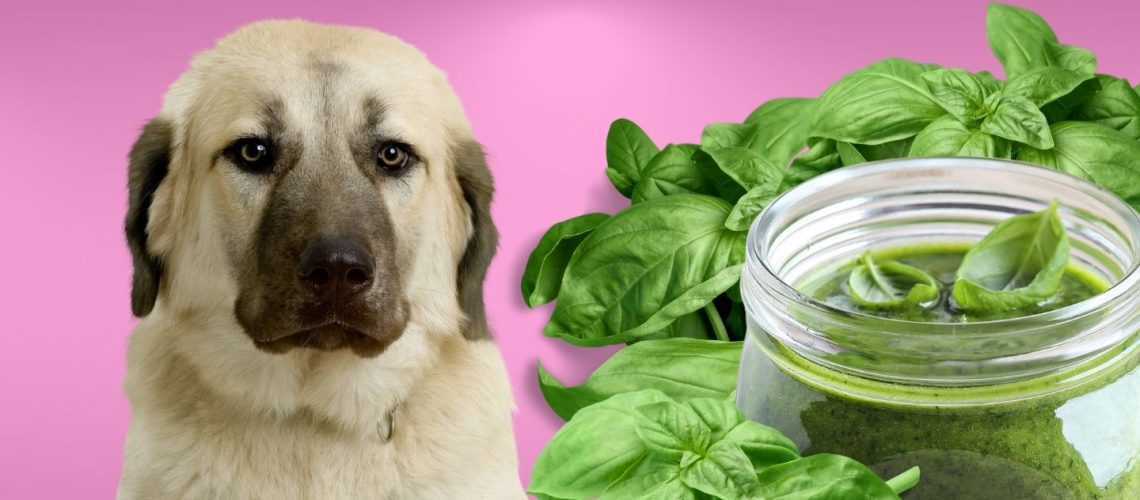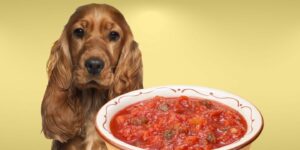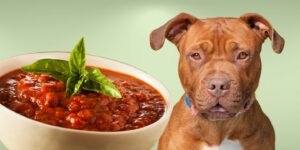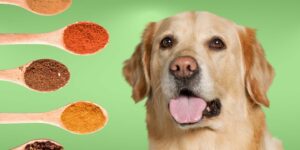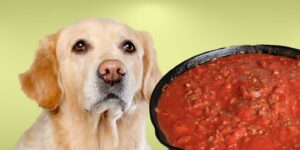The short answer is no, dogs should not eat pesto. Pesto is a sauce made from a blend of ingredients that are often harmful to dogs, including garlic, pine nuts, and basil. These ingredients can cause digestive upset, organ damage, and other serious health problems in dogs.
Dangers of Pesto Ingredients for Dogs
Garlic and onions
Garlic and onions contain toxic compounds that can damage a dog's red blood cells, leading to anemia. The severity of the effects depends on the amount consumed, but even small quantities can be harmful.
Pine nuts
Pine nuts can cause gastrointestinal problems in dogs, such as vomiting and diarrhea. They can also contribute to an increased risk of pancreatitis, a painful and potentially life-threatening condition.
Basil
While small amounts of basil are generally safe for dogs, concentrated sources like pesto can be problematic. Essential oils found in basil can be toxic to dogs and cause adverse reactions.
Parmesan cheese
Many dogs are lactose intolerant and struggle to digest dairy products like Parmesan cheese. Additionally, the high fat content in cheese can contribute to obesity or pancreatitis in dogs.
Olive oil
Olive oil has both benefits and drawbacks for dogs. In small amounts, it can be beneficial for their coat and overall health. However, excessive amounts can lead to weight gain and other health issues.
Recognizing Pesto Poisoning in Dogs
Symptoms timeline
Symptoms of pesto poisoning in dogs may appear within hours or days, depending on the amount ingested and the dog's size and overall health.
What to do if your dog has eaten pesto
If you suspect that your dog has eaten pesto, it's important to contact your veterinarian immediately for advice. Do not attempt to induce vomiting without professional guidance.
Veterinary treatments and prognosis
Your veterinarian may recommend treatments such as induced vomiting, medication, or intravenous fluids. The prognosis will depend on the severity of the symptoms and the promptness of treatment.
Alternatives to Pesto for Dogs
Dog-friendly herbs and spices
Some herbs and spices, such as parsley, ginger, and turmeric, can be beneficial and safe for dogs when used in moderation.
Homemade dog treats with safe ingredients
Creating your own dog treats using dog-safe ingredients can be a fun way to ensure your dog's snacks are nutritious and free from harmful additives.
Store-bought dog treats: what to look for
When purchasing dog treats, examine labels for high-quality, natural ingredients and avoid products containing artificial preservatives, colors, or flavors.
Tips for Preventing Accidental Pesto Ingestion
Proper food storage
Keep pesto and other potentially toxic foods in secure containers, out of reach from your dog.
Training your dog to avoid human food
Teach your dog basic commands like "leave it" and "off" to help them avoid dangerous foods.
Educating family and guests
Ensure that everyone in your home, as well as visitors, are aware of the dangers of feeding pesto and other unsafe foods to your dog.
Final Thoughts
Knowing what's safe for your dog to eat is crucial in promoting their long-term health. When in doubt, consult your veterinarian before giving your dog any questionable foods. By providing a balanced, dog-friendly diet, you're setting your furry friend up for a happy and healthy life.

